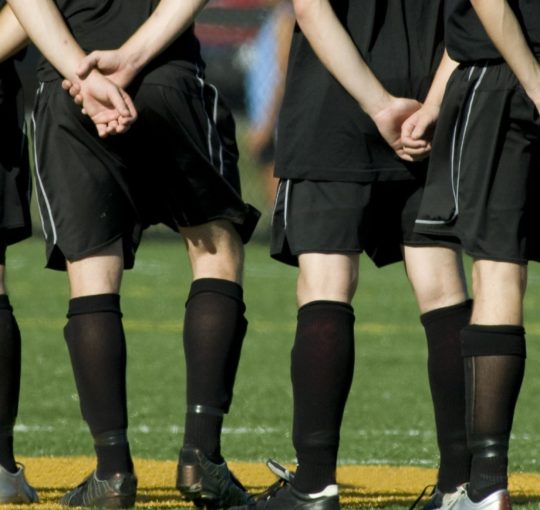FTPSC WG Women Sport Recommendations
This week a recommendation report from the Federal-Provincial/Territorial (F-P/T) Sport Committee’s Work Group on Women and Girls in Sport was released, aimed at increasing the participation and leadership of women and girls in all aspects of sport. The report outlines an ultimate vision for women and girls in sport, details strategic outcomes that must be…
Hazing and Team Cohesion
Many athletes and leaders continue to believe that hazing contributes to team cohesion. Yet research reveals that hazing can have the opposite effective and can fracture relationships amongst teams and between players. Coaches and athlete leaders can use education to debunk the mythical relations between hazing and team cohesion, and use alternative activities to build…
Responsible Coaching Movement
Coaches have a responsibility to provide a safe environment for their athletes. Parents have the right to speak with the coach or the coach’s employer if they have questions or concerns about interactions with their child. Learn more about the Responsible Coaching Movement, a collaboration between the Coaching Association of Canada (CAC) and the Canadian…
Values As A Road Map
“Values-based sport” is an approach that helps to establish an optimal environment that encourages the growth and development of athletes through sport. Explore how to use values as a road map to creating welcoming, safe, athlete-centred environments in the SIRCuit.
Why Transgender Eligibility Policies Aren’t Enough

In releasing its transgender inclusion policy in September 2018, U Sports joined an ever-increasing list of organizations, from the community to international levels, that have implemented policies to regulate the inclusion of athletes who identify as transgender. Organizations with trans inclusion policies include, but are not limited to, school divisions (e.g. the Toronto District School…
Winter 2019 SIRCuit
The Winter SIRCuit is now available! This edition is issue-packed, providing evidence-based and experience-informed insight through a variety of timely and topical articles: Increase your commitment to improving sport in Canada through an article on values-based sport. Contemplate the role of policy and practice in maintaining hazing culture, supporting the inclusion of transgendered athletes, and…
Changing the Culture of Hazing in Canada

Allegations emerging in media reports from Toronto’s St. Michael’s College in the fall of 2018 have made hazing top of mind for athletic staff at Canada’s secondary and post-secondary education institutions. Unfortunately, it is not an isolated event. Reports of hazing have emerged from a number of Canadian institutions in the past decade, including Laurentian…
Creating a Values-Based Sport System in Canada

Across playing fields, courts and ice rinks in Canada, demands for improvements in the quality of the sport experience are growing. While sport has long been celebrated for its role in developing the character of our nation, stories shared in the media or by word of mouth are calling into question the type of environment…
Athlete Perspective: My reality as a clean athlete in a not so clean sport
SIRC’s Athlete Perspective series provides insight and recommendations on key issues from an athlete’s perspective. The collection of blogs and SIRCuit articles profiles Canada’s Olympic and Paralympic athletes and taps into their lived experience. I started weightlifting in a small, remote city in northern Quebec when I was nine years old. It was, and still…
Hazing Research
Hazing is defined as “an event created to establish a team’s social hierarchy by humiliating, degrading, abusing and/or endangering newcomers regardless of a person’s willingness to participate in order to reinforce their social status on the team.” Research shared at the 2017 SCRI Conference revealed that many athletes did not report hazing events because they…